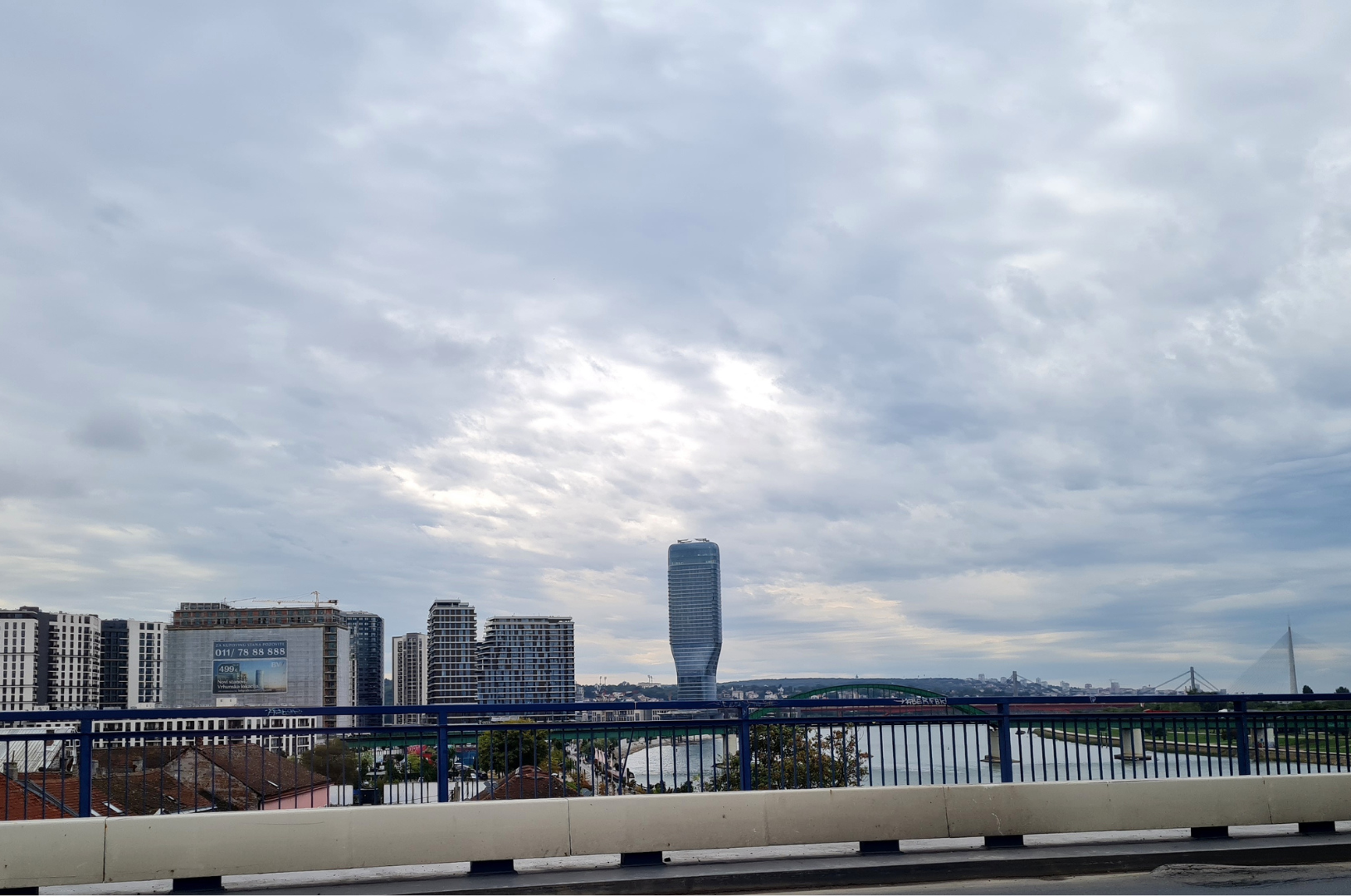WB2EU discussion: Tackling inequality a step towards solidarity (EWB, 20 September 2022)
BELGRADE – Citizens are major actors in democratic development, together with both governmental and external support, we are able to raise awareness of the significance of respecting basic human rights and building solidarity among each other, it was concluded at the WB2EU 5th Ideas go public Lab in Belgrade.
Brankica Janković, Commissioner for Protection of Equality of the Republic of Serbia, states that discrimination undermines social cohesion but also increases social inequalities, which represents a multi-dimensional challenge we all have to deal with.
According to Janković, in those circumstances, European Integration serves as an important guide for building social cohesion, and inclusion and combating those inequalities. She emphasizes that undertaking the necessary changes is something we do for our well-being and future and not only to fulfill the agenda of conditions that are defined as such.
When asked if the support from foreign diplomats creates a counter-effect in the society because of mainstream politics, she answered that we are “facing the notable negative trends among our citizens, who have a feeling that the EU authorities are only worried about the LGBTIQ community.
“That creates a new kind of polarization. Unfortunately, it is even easier to change the law than those already established cultural patterns,” she said adding that ambassadors and NGOs, who are pressuring local governments to allow and secure the events, are marked as spies paid by foreign governments and the media presentation is one of the greatest creators of that image.
Sofija Todorović, Programme Director of Youth Initiative for Human Rights, brings attention to the recent events during Pride week in Belgrade which showed that “the rights of the LGBT+ community could simply be abolished by the state. Its position was used to distract the public from big events that are happening on a bilateral level between Serbia and Kosovo. Resolving these issues usually goes with the price of treating vulnerable and already discriminated groups.”
Todorović assessed that the work of institutions and development should be put as a priority in the accession process instead of focusing solely on the multilateral reputation of Serbia. “It is not just about human rights, it’s the matter of preserving democracy”, added Todorović.
Sarina Bakić, Professor and researcher at the Department of Sociology at the University of Sarajevo’s Faculty of Political Science and a member of WB2EU Network, underlined the importance of international support in tackling the educational system issue by changing the cultural inequality resulting from the Dayton Peace Agreement and creating two schools under one roof.
According to her, nowadays we have a society where the neoliberal consumeristic ideology is mixed with the traditional, patriarchal ideology.
“The opportunistic behavioral patterns fostered by popular culture, the media and throughout education are great blockers for solidarity among the citizens. We have to work on developing empathy between different groups in order to avoid a fragmented society”, she said.
During the discussion, it is concluded that the level of regional cooperation, integration, and constituency is fruitful for the required institution-building.
Mainstreaming Youth Vision
The second panel was dedicated to the perspective and challenges the younger generations in the Western Balkans face. It referred to the linkage between the way the democratic institutions function and the level of political participation of the youth and offered some potential mechanisms that could encourage this relevant part of the population to get socially involved.
Andrea Mićanović, Youth Representative of the RYCO Governing Board on behalf of the Regional Youth Cooperation Office, pointed out the most notable reasons, why the young in Montenegro are unmotivated to undertake the necessary changes that would bring the collective benefits to all of them.
According to her, the problem lies partly in the recalling of the public discourse from the 90s and the predominantly pessimistic public opinion that doesn’t put focus on the youth and their future.
“This causes a lack of willingness and faith in their ability to change anything which eventually leads to brain drain”, she said.
According to Mićanović, the key solution to the problem is seen in changing the education system. Schools should make the students acquainted with the concept of human rights, strengthen student parliaments and encourage critical thinking.
Angela Angjelovska, Vice President of the National Youth Council of North Macedonia Governing Board, touched upon the work of institutions in North Macedonia when speaking about the implementation of the laws.
“The problem should be solved from the bottom to the top. The education system is ought to teach the young to be socially responsible and engaged. She underlines the influence of political and civil education at school accompanied by lowering the voting age that’d make this part of the society important also for the political parties”, she said.
According to Milica Borjanić, Project Manager, National Youth Council of Serbia, 77% of the young population in Serbia don’t find any political party which would adequately represent them.
“For that reason, they don’t vote. On the other hand, the politicians don’t recognize them as their target group and don’t try to address their concerns. It unfortunately creates a vicious circle we have to break. She says that even when there are young representatives in the parliament, they are often at the bottom of the lists with no power of influence. The system doesn’t encourage them to be active and involved since they are not in decision-making positions”, Borjanić told.
She concluded that the youth represents an important factor of society and giving voice to them is in the collective interest of our community and future. There are many impediments on that path but we certainly have to start from something.


